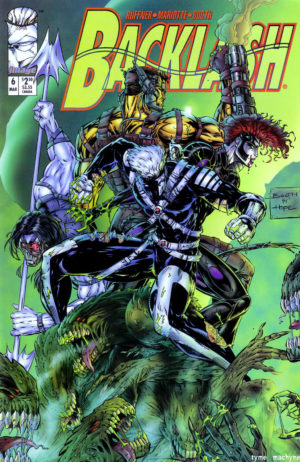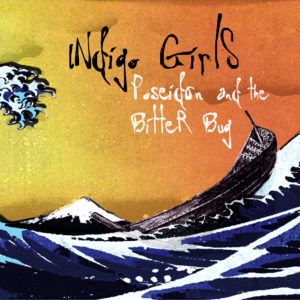[Patreon-Nov16-Post-Bug][/Patreon-Nov16-Post-Bug]I went through a period in the late 00s where all I wanted was singer/songwriter dance music. For a while, the closest thing was Justin Timberlake or indie-rock pop like hellogoodbye, but neither quite scratched the itch I had. I wanted straight up, cotton candy, 80s style pop music with an auteur behind it and more texture than the typical radio tune.
And, of course, I wanted to hear women doing it.
Luckily, Lady Gaga arrived in 2008 with The Fame and rubbed my itch raw, but I would argue that if we’re talking about dance-pop auteurs we cannot even have the conversation without talking about Robyn.
Five years ago I would have had to follow that statement with “Yes, my 90s friends, the same Robyn of ‘Show Me Love.'” That’s not the case anymore, with “Dancing On My Own” in the credits of TV’s Girls and “Call Your Girlfriend” reaching surprising ubiquity in the year’s since its release.
I didn’t have that context in 2010, though. All I had was this queer record called Body Talk, Part 1 from the woman who sang “Show Me Love.” I had completely missed the “Konichiwa Bitches” years of Robyn’s second breakthrough because at the time I didn’t swim in those pop circles (because, I’d argue, she and Gaga revived those pop circles in the US).
I even wrote about my discovery process of Body Talk, Part 1, and how I was cool to “Dancing On My Own” on first listen but floored by the EP as a whole.
With hindsight, I’m also floored by “Dancing On My Own.” Despite the busy synth bass, the song has an uncluttered sonic aesthetic, adding in just one element at a time as in my 1994 pick “Closer.” (Note that the original version of this cut does not include the higher synth line that can now be heard in the video.)
“Dancing On My Own” has more than that common with that profane NIN cut. Each song is the perfect evocation of a near-universal human experience. Yes, “Closer” is more base and primary, but watching the person you want be with someone else while you sway on your own is something everyone has experienced at least once – from the most popular jock to the most ridiculed nerd.
Robyn turns that dejected feeling into something empowering – a chorus you are proud to shout along to on the dancefloor. It’s just an excuse to dance on your own.
 No matter what I say about the lumpy scripting on this book, it’s definitely in the upper half of good looking WildStorm ongoings as Stormwatch wobbles through multiple artists and Deathblow switches away from Tim Sale.
No matter what I say about the lumpy scripting on this book, it’s definitely in the upper half of good looking WildStorm ongoings as Stormwatch wobbles through multiple artists and Deathblow switches away from Tim Sale. [Patreon-Nov16-Post-Bug][/Patreon-Nov16-Post-Bug]You don’t stop being an artist.
[Patreon-Nov16-Post-Bug][/Patreon-Nov16-Post-Bug]You don’t stop being an artist. This run finds Stormwatch disintegrating without Battalion as the glue to hold it together. No one seems especially interested in obeying Synergy unless it suits them, and Diva has only marginally better luck. That lends an extra layer to Timespan’s egging Battalion on to his death – maybe the real goal was to destroy Stormwatch, and the only way to do it was to convince Battalion that he was fated to die?
This run finds Stormwatch disintegrating without Battalion as the glue to hold it together. No one seems especially interested in obeying Synergy unless it suits them, and Diva has only marginally better luck. That lends an extra layer to Timespan’s egging Battalion on to his death – maybe the real goal was to destroy Stormwatch, and the only way to do it was to convince Battalion that he was fated to die?